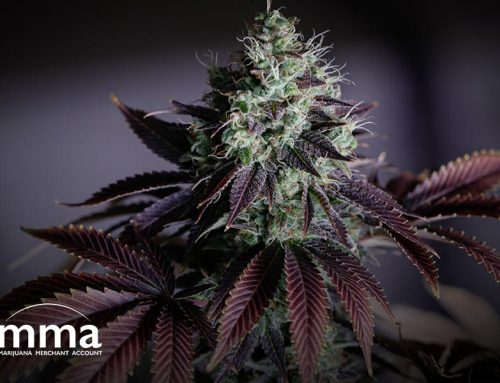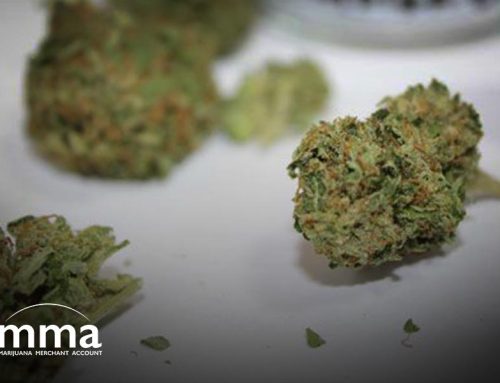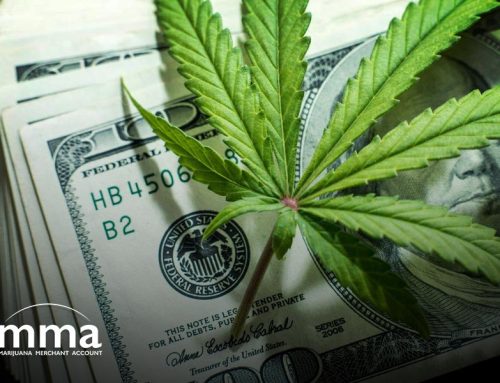Where can cannabis businesses put all their cash? Most businesses would go to the bank, but that isn’t an option for this industry. But California may soon have an answer.
The California Senate approved Senate Bill 51 in May to get cannabis-related businesses and landlords in the doors (and the vaults) of a trusted financial institution. Though this is a billion-dollar industry nationwide, there are few banking options due to federal prohibition. That means dispensaries, delivery services, farmers, and more are having to keep hold of large sums of hard cash. So much cash that tax collectors are having trouble storing it.
The need is clearly there, but traditional financial institutions are hesitant to enter that market for fear of federal repercussions. Cannabis is still a Schedule I drug in the eyes of federal law, and federal banking regulations reflect that. Even banks that do work with cannabis companies are subjected to extra amount of paperwork for every cannabis-related account, so servicing the cannabis industry comes with an extra cost for bankers, too.
This isn’t the first proposal to fix the cannabis banking problem in an individual state. Michigan has seen more banks quietly working with cannabis-related clients and finding creative solutions to meet their non-cash needs. But the biggest movement on the federal level in 2019 has been the progress of the Secure and Fair Enforcement (SAFE) Banking Act. Following a failed bill in 2018 with many of the same aims, the SAFE Act has garnered bipartisan support and is still in the legislative process.
Clearly, though, California is not waiting for the federal government to make a decision. California voters legalized adult-use cannabis and updated the medical rules in 2016. When introducing SB 51, California Senate Majority Leader Robert Hertzberg said, “This measure is by no means the ultimate solution, but it’s just one small step in the right direction to get some of this money off the streets and into bank accounts.”
Having a bank account will streamline many run-of-the-mill business processes that cannabis-related companies are now contending with, largely on a cash-only basis. These companies have obligations like payroll, taxes, and insurance premiums, and having a bank account to send out checks from makes these processes much smoother than orchestrating cash payments and money orders on a regular basis.
If SB 51 is passed, that won’t fix all of the cannabis-related banking problems. The state-chartered banks will likely not be able to offer loans or other financing options; they will act merely as a safe vessel and conduit for the millions of dollars in cash that California cannabis companies are generating.
While SB 51 makes its way through the legislative process, banking regulators sit on their hands waiting for a change in policy. U.S. Treasury Secretary Steve Mnuchin recently told Congress that they must take the reins and find a bipartisan solution for cannabis banking. “I will just say I don’t believe this is a failure of the regulators,” Mnuchin said. “I want to defend the regulators on this issue.”
Banking access is one of the major problems facing the California cannabis industry, as high taxes and a competitive black market continue to usurp sales. SB 51 is now with the California Assembly and may see further changes before it reaches Governor Gavin Newsom’s desk.












